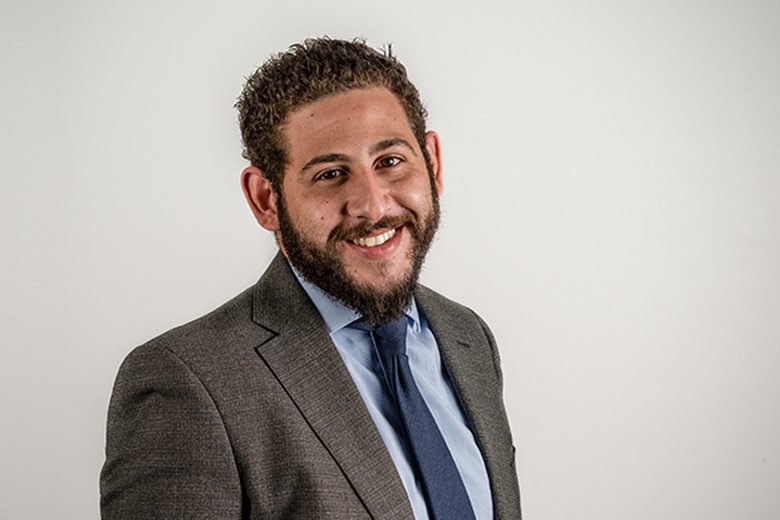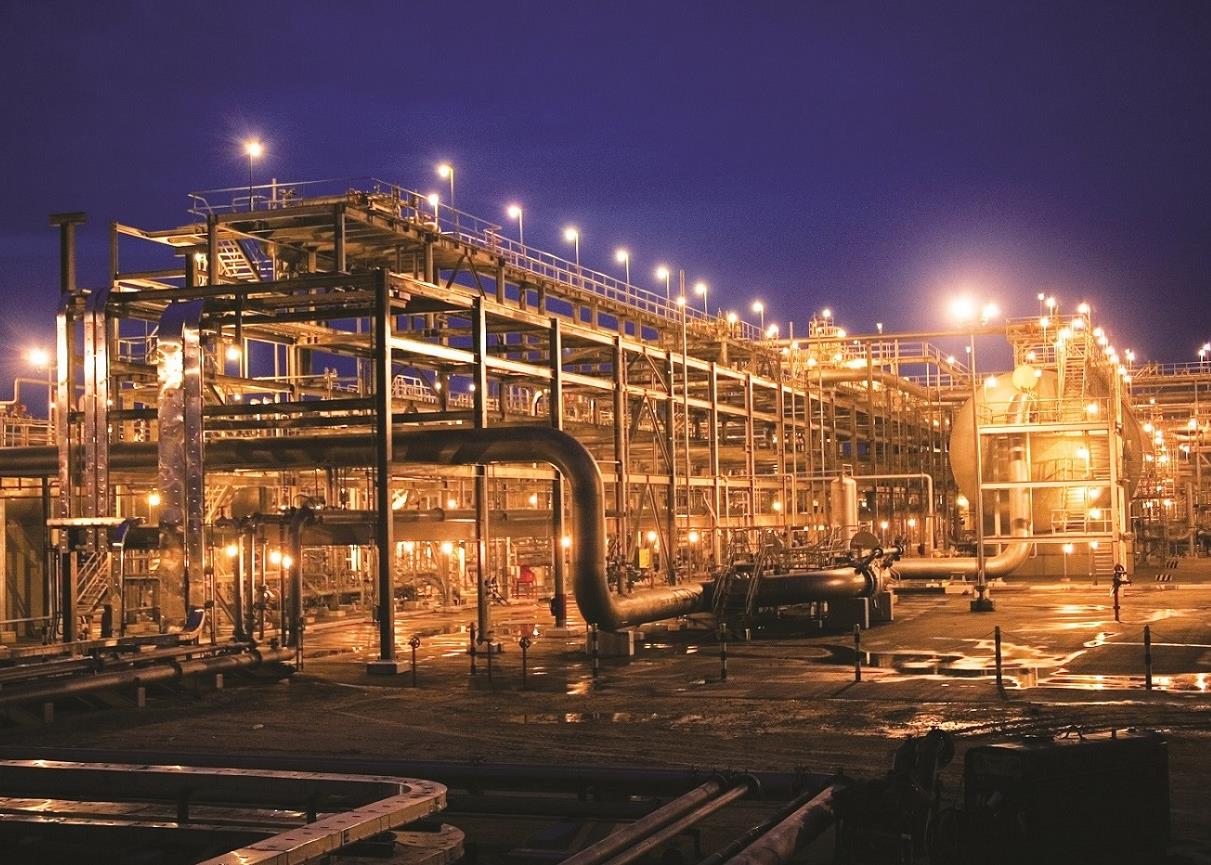

President must put on his best performance as he enters an unstable region
Donald Trumps visit to Saudi Arabia on 21 May could finally clarify his position on the Middle East as he prepares to meet with a number of Muslim-majority countries at a summit hosted by the Saudi monarch.
The visit is the presidents first overseas trip since taking office in January, a move goes against a long tradition of US presidents visiting South American or European allies first.
It is also considered a snub to Iran as Trump prepares for a summit meeting with a number of predominately Sunni-ruled countries that of course excludes Tehran. And by the time Trump lands in Riyadh, the results of the Iranian election would have been announced.
The trip also comes after his administration decided to extend the sanction relief called for under the 2015 international nuclear deal, leaving everyone still extremely confused regarding his Middle East policy.
During his election campaign in 2016, Trump publicly opposed the nuclear deal and on a number of occasions has promised to dismantle the disastrous deal with Iran. Since taking office, the current US administration has also continually referred to Iran as a state sponsor of terrorism because of its support for Syrian president Bashar al-Assad, the Houthi rebels in Yemen and Shia group Hezbollah in Lebanon.
While Trumps visit could have implications on the Iran deal, it will also set the tone for the relationship between the US and Saudi Arabia following a number of years of uncertainty under the Obama government.
The visit has been headlined by news that the two countries could sign a multi-billion dollar arms deal and could serve as the platform for many US companies looking for work in the kingdom. Saudi Arabia will also be keen on attracting US investment as it rolls out its wide-ranging privatisation programme, that includes the listing of oil giant Saudi Aramco.
The trip it will also be an opportunity for Trump to address accusations that his government has marginalised Muslims in the US and abroad.
Another area that is expected to be discussed at length, which is related to the arms deal, is the regions efforts to fight the threat of Islamic State of Iraq and Syria (Isis). Trump has previously said that he wants to see Arab countries do more to curb the threat of extremism, and has hailed regional leaders such as Egypts Abdul Fatah al-Sisi and Jordans King Abdullah for their efforts.
Although the visit offers Trump an opportunity to clarify his Middle East policy, the trip is set to be followed by a visit to Israel, which is likely to test Trumps Middle East diplomacy further and expose him to the complexities of the region. The man with no previous political experience must put on his best performance as he enters an unstable region where many US presidents have failed before him.
You might also like...

Egypt resumes power cuts
18 April 2024

Petrofac awards carbon capture sub-contract
18 April 2024

Neom tenders Oxagon school construction
18 April 2024

Clarifications advance for Neom renewables
18 April 2024
A MEED Subscription...
Subscribe or upgrade your current MEED.com package to support your strategic planning with the MENA region’s best source of business information. Proceed to our online shop below to find out more about the features in each package.








